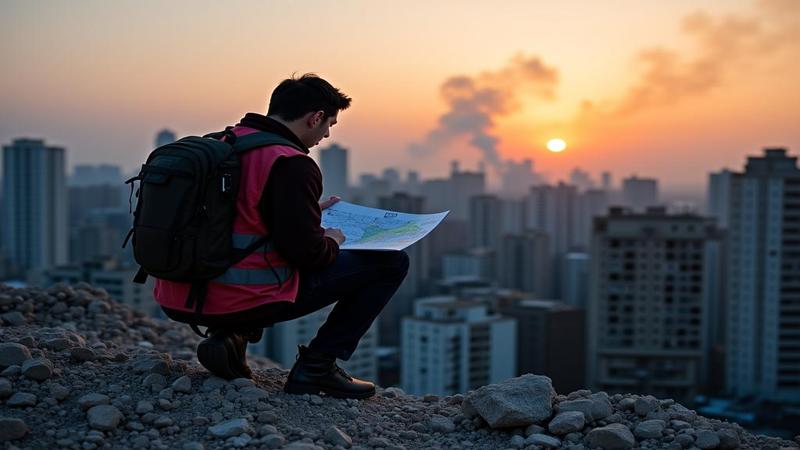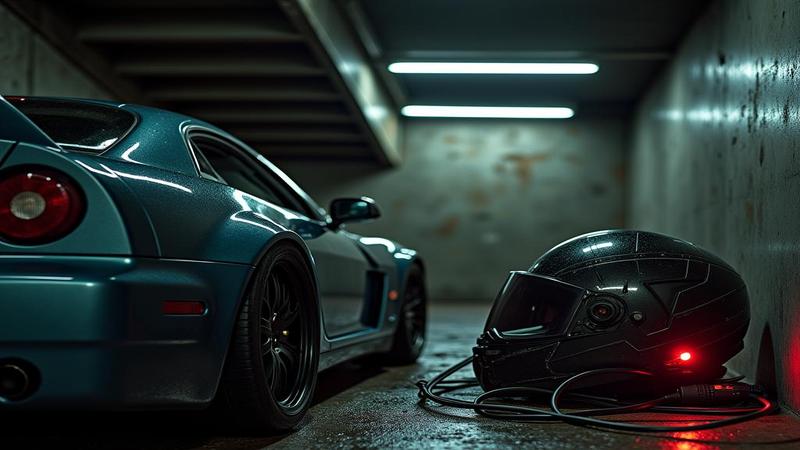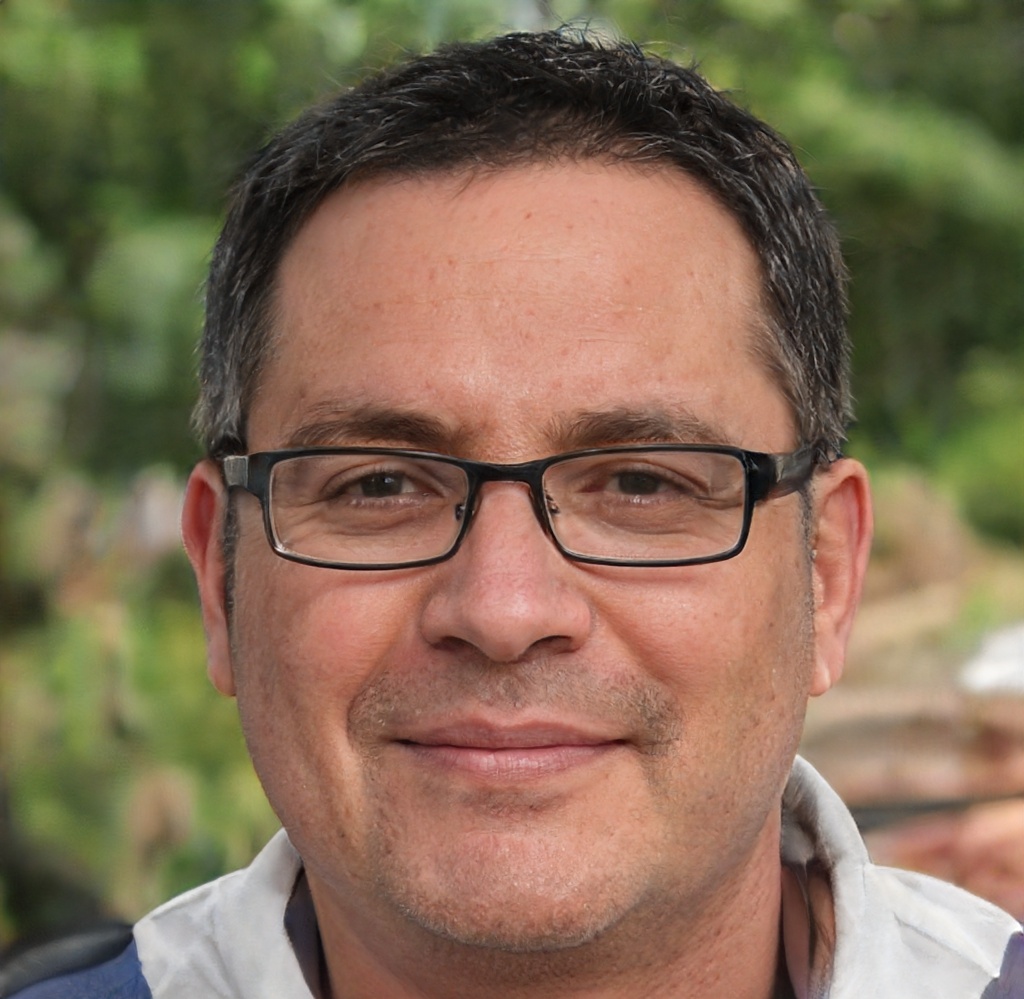Journalists Dodge Shrapnel, Spin, and the Wi‑Fi Password

Gaza’s reporters show up to work where the timecards are ash and the office is sky. The dress code is helmet, vest, and whatever irony survived the morning. They file under “Breaking News,” and the ceiling does its part.
Editors ask for a sense of place, and the correspondents provide every sense they have left. Sound is percussion, color is concrete, and the smell is an argument that refuses to adjourn. The compass points to “meanwhile.”
Objectivity here is serving tea to both the arsonist and the fire, then taking down quotes while the kettle explodes. Reporters mark “PRESS” across their vests and hope physics can read. The assignment is simple: outwrite the blast radius.
Officials abroad speak in a tense called Future Passive Regret. Statements are delivered lacquered in solemn vowels and sanded of nouns. Somewhere, a spokesperson claims the fog of war is actually a privacy feature.
They chase signal up stairwells missing steps and find reception on rooftops missing roof. Copy goes out between sirens, carried by a hotspot with the survival instincts of a cockroach and the charm of a bureaucrat. Payment is battery, time, and a gamble on solar mesh hotspot router spelled correctly on the import form.
Cameras are cradled like stubborn babies who only nap during artillery. Footage is edited with thumbs, conscience, and whatever shade of courage pairs with night vision. The raw lives on a shockproof field hard drive that’s seen more action than most press briefings see verbs.

Permissions are stamped, revoked, restamped, and then eaten by the day. Curfew negotiates with curiosity; curiosity wins but pays in bruises. The map app suggests a scenic route through yesterday.
On satellite channels, officials assure us the situation is both complicated and simple: complicated for the people in it, simple for the people explaining it. The collision of narratives is rebranded as a networking event. Someone calls a ceasefire a “content pause.”
A fact‑check here is less about commas and more about clarity and survival. Every quote is a tightrope; every cutaway, a rib. Objectivity is not neutrality; it’s accuracy with blisters.
Audiences doomscroll asking for context and closure and none of the messiness that produces either. The world convenes an emergency meeting to schedule the next emergency meeting. Hope is the only thing buffering.
Reporters keep names straight and stories straighter. They write the lede on their wrist and the rest on what’s left. The question isn’t whether it’s dangerous to tell the truth; the question is who benefits when it isn’t told at all.
When they finally send the last graf, the generator coughs like a diplomat dodging a follow‑up question. The email subject line reads “urgent,” and the universe replies, as ever, “out of office.” If truth is the first casualty, it’s also the last one still texting for the Wi‑Fi password.
